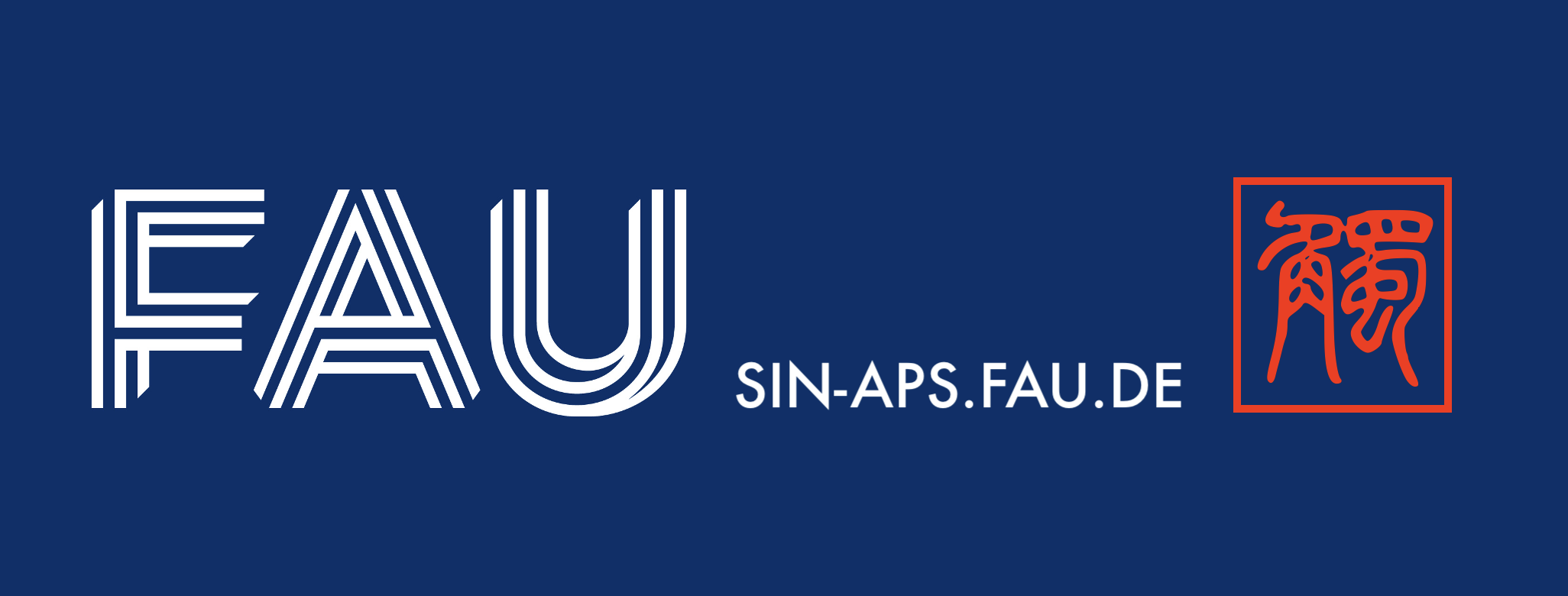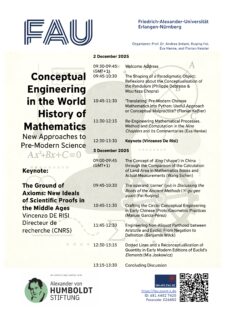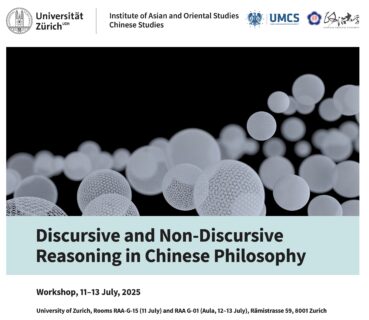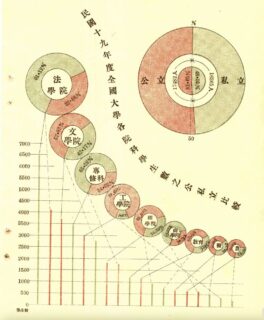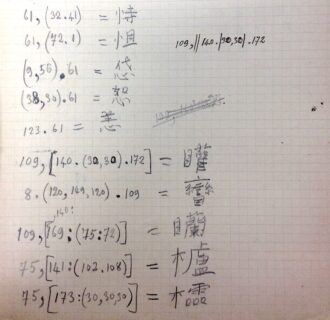Home
Synapses are located in our central nervous system where nerve cells connect with each other. “Sin-aps” aims at making connections in our research which bring Chinese studies closer to the world of numbers.
Since the 1st of February 2021 Prof. Dr. Andrea Bréard is holder of the Chair of Sinology with a Focus on the Intellectual and Cultural History of China (Alexander von Humboldt-Professor) and Director of the IKGF (International Consortium for Research in the Humanities “Fate, Freedom and Prognostication”). Her research interests lie at the intersection of the mathematical sciences and sinology, both in history and in present times. Generously supported by the Alexander von Humboldt Foundation her team conducts research on quantification in China (and its global repercussions), the epistemological aspects of algorithmic mathematics and their cultural transformations, as well as numerical techniques of prediction.
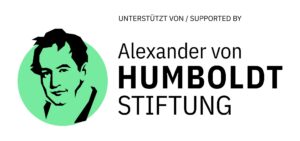
In this workshop, hosted by sin-aps and generously supported by the Alexander von Humboldt Foundation, we will approach the global pre-modern history of mathematical concepts in a new light. Dr. Vincenzo de Risi (CNRS, Paris) will give the keynote talk on The Ground of Axioms: New Ideals of Scientif...
Two sin-aps members, Eva Henke and Prof. Dr. Andrea Bréard will participate in a workshop on Discursive and Non-Discursive Reasoning in Chinese Philosophy organized by Polina Lukicheva (University of Zurich), Kai Marchal (National Chengchi University Taipei), Grzegorz Polak (Maria Sklodowska-Curie U...
On July 16 and 17, 2025, sin-aps will host a workshop on Quantifying Education in 20th Century China: Schools as Production Sites and Repositories of Statistics on. This workshop aims to explore schools as institutions central to the production, storage, and communication of population data. It seek...
We invite applications from advanced Master students, early-stage PhD candidates as well as junior researchers working on the long history of the Chinese script and the “sinographic sphere” — without confining the sphere to a specific era. Drawing inspiration from a growing literature on the Sinogra...

